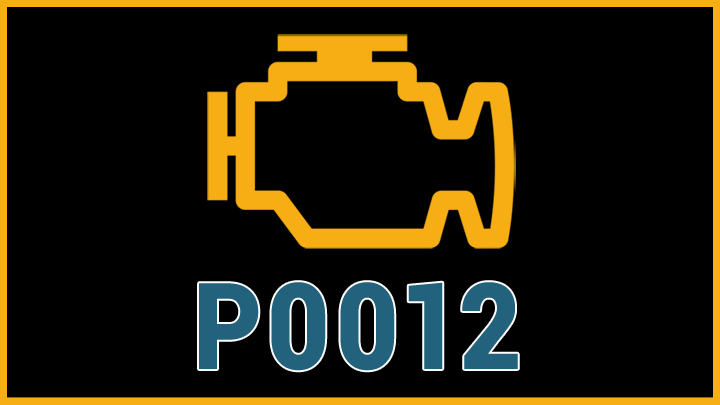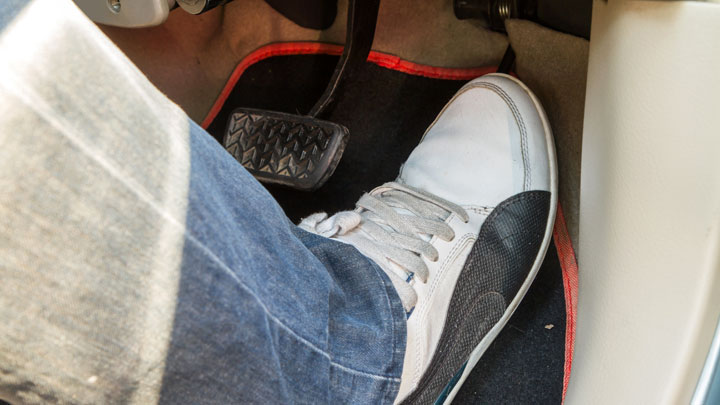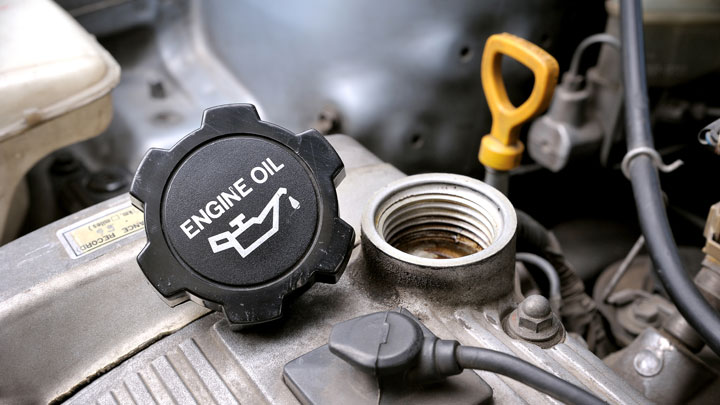P0012 Code (Symptoms, Causes, and How to Fix)
When you’re driving down the road, the last thing you want to see on your vehicle’s dashboard is a check engine light. But at some point or another, it’s bound to happen.
After the initial panic of seeing a check engine light, you still need to know what it means so getting it read is key. So, what exactly does a P0012 code mean, should you be worried, and most importantly, how do you fix it?

What Does Code P0012 Mean?
Alright, so what exactly does an “A” Camshaft Position Timing Over-Retarded code really mean? It’s all a bit complicated, but it has to do with the timing of your engine. Everything in your engine works like a symphony, but with a code P0012, your crankshaft seems to be a touch behind schedule.
When this happens, the beautiful orchestra that is your engine falls out of sync. Intake and exhaust valves start to open at the wrong time (albeit a slightly wrong time), which throws off your engine’s performance and can damage various components.
If you still don’t know what all that means, that’s alright, but know that you need to get it fixed as soon as possible.
Related DTCs: P0010, P0011, P0013, P0014
Symptoms of Code P0012

If you’re investigating a code P0012, there’s a good chance you’ve got more going on than just a check engine light. Two other potential causes include:
- Decreased engine performance
- Increased fuel consumption
When the timing isn’t right on your engine, even if it’s just off by a fraction of a second, engine performance almost always suffers as a result.
You might notice that your car doesn’t have the same acceleration ability as before, or it might struggle to reach higher speeds entirely.
Not only that, but you’ll likely be taking more trips to the gas station. When timings are off, you’re not getting the performance you want, which means pressing down the pedal a little farther to get what you’re expecting.
While this might make your car go faster, it also uses more fuel to do so. The longer it takes you to address the problem, the more you’ll end up spending – even if further damage doesn’t result.
Causes of Code P0012

If you’re experiencing a code P0012, there are a few potential causes. Some of the most common causes include:
- Low engine oil
- Wrong engine oil
- Old engine oil
- Worn timing belt
- Broken camshaft variable timing solenoid
- Defective variable valve timing actuator
For starters, you could have the wrong engine oil, low engine oil, or extremely old engine oil. This is the best-case scenario, but there’s no guarantee that changing the oil will fix your problem.
Sometimes the oil, or lack thereof, will slow down the components and lead to a slight retardation, and other times it will damage components, which will slow down the camshaft.
Another potential cause is a worn timing belt. As a timing belt ages, it can stretch, which can throw off the timing a bit. If your vehicle has a timing chain, this shouldn’t be a problem.
Two other potential problems that could be generating your code P0012 are a camshaft variable timing solenoid failure or a variable valve timing actuator failure. While both problems are rare, they can happen – especially with higher mileage vehicles.
Is Code P0012 Serious?

Decreased engine performance and increased fuel consumption don’t seem like that big of a deal, right? So, can you keep driving with a code P0012 until you save up the money for repairs, or is it something you need to take to the shop straight away?
Well, when it comes to engine codes, there are few options as serious as the P0012. We’re not going to tell you that your engine will blow up as soon as you pull out of the driveway but depending on how retarded the timing is, you could damage your engine on the first trip out of the house.
And one thing we can tell you is that if you ignore the condition long enough, more damage will result. Because of this, we recommend fixing it as soon as possible.
How to Fix
While it’s nice to say you’re going to fix the problem, it can quickly get overwhelming if you don’t know what you’re doing. Unfortunately, for a code P0012, there’s not a ton you can do if you’re not already extremely mechanically inclined.
We recommend changing the oil and the filter before completing any other tasks, but this is only a likely fix. However, if the wrong oil is already in there or if the oil is far older than it should be, it could fix the problem.
But, if you’ve been keeping up with the oil changes, it’s unlikely to help, and a mechanic will have to drain all the oil to complete the necessary repairs.
If it’s not the oil, chances are it’s a more severe problem like a worn timing belt, solenoid failure, or an actuator failure. None of these are easy tasks, so if you don’t know what you’re doing, it’s best to take your vehicle to a mechanic for repairs.
Expect to spend anywhere from $500 to $1,250 for the repairs. It’s a steep price, but the longer you drive, the more likely you’ll cause more damage and need even more expensive repairs.
- P0521 Code (Symptoms, Causes, How to Fix) - Mar 22, 2024
- How to PROPERLY Clean 5 Types of Steering Wheel Materials - Feb 19, 2024
- What Should You Do If Your Check Engine Light Comes On? - Nov 6, 2023
